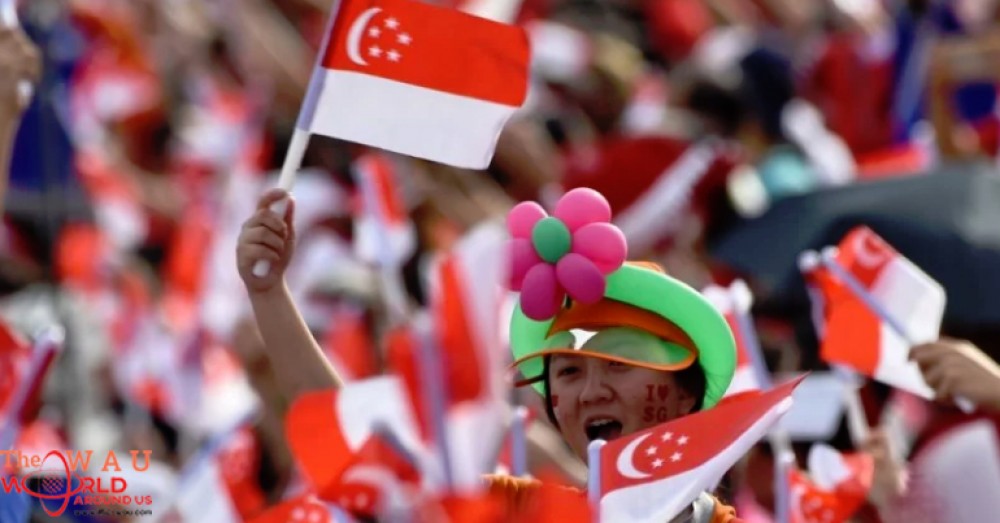Singapore National Day is today. We ask Singaporeans about the characteristics that set them apart from other nationalities and, with its identity still evolving, what the city state will be like in another 50 years
Three years ago, when the Southeast Asian republic turned 50, things were different. Large celebrations to mark the occasion were held on home soil and in overseas cities with sizeable Singaporean expatriate populations.
In Melbourne, student association Singaporeans of Victoria organised a black-tie golden jubilee ball, attended by 600 guests. In China, the Singapore Shanghai Business Association staged a love story set in the 1960s about two Chinese immigrants to the Lion City. Meanwhile in London, the Singapore UK Association live-streamed the National Day parade at a special event.
At home, a Singapore “heart map” was compiled, featuring 50 places of significance in the city state suggested by the public. Details about these places – sketches, poetry, photographs and short films crowdsourced from the public – were integrated into the map.

In a young country whose identity is still evolving, and with a large number of citizens who frequently travel overseas, National Day can mean different things to different Singaporeans – especially those living overseas.
Janice Liu, an online editor with New York University Abu Dhabi, in the United Arab Emirates, understands that her home country is still exploring its boundaries and what defines it as a nation.
“Singapore will be 53 this year. The fact that we are such a young country with a multicultural society means that we are still evolving and finding ourselves. I’d explain to a foreigner that Singapore is like a teenager – capable, young and still exploring our self-identity,” Liu says.
“We may love Western cultures, but deep within us are our Asian roots and values … We are constantly trying to find a balance that works. Who knows what our Singaporean identity is going to be in another 50 years?”
Liu adds that inviting foreign friends to National Day celebrations helps to shed light on the Singaporean identity.

“I know some of my foreign friends would have loved to join [National Day] celebrations, where they get to finally hear what it means to be speaking Singlish, eating local food, or learning about Singapore’s diversity,” she says.
“I find patriotism grows when you have an opportunity to show it off, or explain why or what you’re doing. We need to be more inclusive in that respect. I have learned more about Singapore being abroad because of the questions I get asked by people who are curious about Singapore.”
I’d explain to a foreigner that Singapore is like a teenager – capable, young and still exploring our self-identityJANICE LIU, ONLINE EDITOR
Pinch Tang, a marketing professional at a start-up in Berlin, Germany, believes the freedom to travel visa-free to a large number of destinations around the world plays a large part in defining what it means to be Singaporean. The city state ranked in joint second place with Germany, behind Japan, in this year’s Henley Passport Index. Passports of both countries allow visa-free travel to 188 countries and regions.
...[ Continue to next page ]
Share This Post















